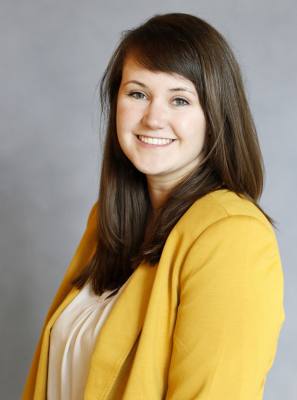Katy- and Cypress-area residents are encouraged to submit ideas and comments for a study that will recommend local flood mitigation projects to Congress for federal funds.
The Army Corps of Engineers Galveston District and the Harris County Flood Control District held the first of five public meetings to promote public participation in the Buffalo Bayou and Tributaries Resiliency Study on April 30 at Kingsland Baptist Church in Katy. About 150 people attended this meeting.
The goal of the study is twofold, said Andrew Weber, project manager for the Army Corps of Engineers Galveston District, and Edward Russo Jr., deputy district engineer for programs and project management for the Corps.
The first is to continue to improve the safety of the Addicks and Barker reservoirs, which are currently undergoing a $75 million construction project on the dams' primary outlet control structures. The second is to identify, research and recommend alternative measures for federal funding that will address the flooding risk along Buffalo Bayou and its tributaries.
With public input, the Corps and the HCFCD will investigate alternative solutions to reduce flooding on the Buffalo Bayou watershed and its effect on human health and erosion, according to meeting materials. These solutions can include building a third reservoir, detention or sedimentation basins, levees, flood tunnels, or bypass and diversion channels; increasing reservoir storage; removing reservoirs; raising structures; and home buyouts.
“We are still very early in the process, and everything you see is subject to your comment,” Weber said at the public meeting. “As you prepare your comment cards tonight, please consider: Is there anything the Corps missed? ... Is there anything that the Corps needs to take under consideration?"
The $6 million Buffalo Bayou and Tributaries Resiliency Study was funded by federal dollars from the Bipartisan Budget Act of 2018, which provided funds to communities devastated by Hurricanes Harvey, Irma and Maria.
The study began in October and is scheduled to be completed in October 2021, Weber said. Between now and then, the Corps and the HCFCD will:
- host four more public meetings by May 9;
- accept public comments for solutions to investigate until May 31;
- perform an analysis of the solutions;
- outline a Tentatively Selected Plan around April 2020;
- present a draft report of solutions to be recommended for federal funds for public review around June 2020;
- refine the report;
- present the final report for public review; and
- submit the final report of the recommended projects to Congress by October 2021.
However, the Corps and the HCFCD—and any other project sponsors that sign on—cannot begin implementing the solutions identified in the final report until federal funds are appropriated, or distributed, by Congress, which can take years, Russo said.
The next four public meetings will be held:
- May 2, 5-8 p.m., St. John Vianney Catholic Church, 625 Nottingham Oaks Trail, Houston
- May 7, 5-8 p.m., Trini Mendenhall Community Center, 1414 Wirt Road, Houston
- May 8, 5-8 p.m., University of Houston-Downtown, Wilhelmina Cullen Robertson Auditorium, 1 Main St., Ste. A350, Houston
- May 9, 6-9 p.m., Cypress Ridge High School, 7900 N. Eldridge Parkway, Houston
Residents can submit comments about the study at the public meetings by emailing
[email protected] or by mailing to USACE, Galveston District, ATTN: BBTRS, PO Box 1229, Galveston, TX, 77553-1229.





